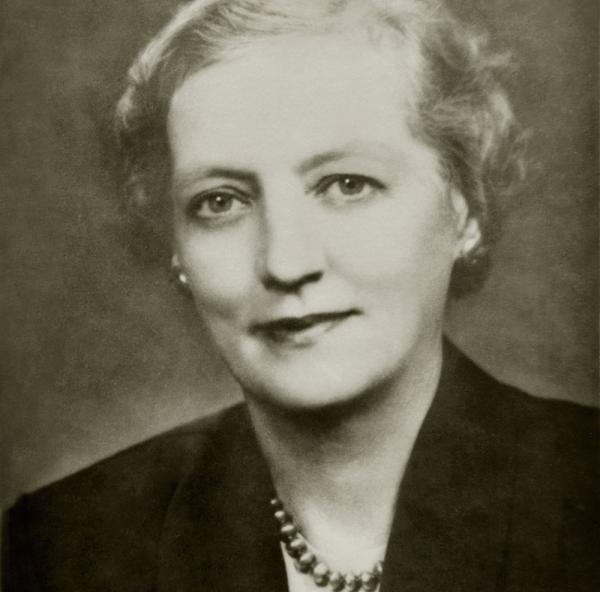The Wisner Center was founded in 1982 to promote an increased understanding of the social problems affecting children and families and to promote research in social work related areas. Since 1982, the Center has worked with numerous state and local agencies toward this effort. Over the next five years the focus of the Center will be on addressing the multifaceted problem of violence and the impact of violence on children and families. Violence is an issue that plagues the United States.
We now find ourselves amidst an international War on Terror, in a society where violence in the media rules the entertainment industry, and where tragic school shootings change how safe students feel while pursuing their education. In brief, in contemporary America, violence in our communities is pervasive. In terms of Intimate Partner Violence (IPV), more commonly referred to as Äòdomestic violence', an estimated 1.9 million women are physically assaulted annually in the U.S. (Tjaden & Thoennes, 2000), with women being the victims of IPV about five times more often than men. In fact, IPV remains the most common cause of non-fatal injury to women in the U.S. (Kyriacou et al., 1999). Violence in the home extends to the community.
One study suggests that as many as 75% of children report being exposed to community violence (Hill & Jones, 1997). Children raised in families where violence is used as a means of problem solving mimic those behaviors in their own problem solving strategies outside of the home. Simply put, the use of violence is both cyclical and systemic and a comprehensive approach to understanding this complex issue is critical to creating informed practices aimed at reducing violence.
Dr. Wisner's concerns with the welfare of people lead her to protest against injustices and champion for rights for the oppressed. Consistent with the wisdom and dedication she showed in her lifetime the Elizabeth Wisner Social Welfare Research Center for Families and Children seeks to address social problems by supporting research that addresses the problem of violence affecting families and children. It is the purpose of the Center to support scholars in developing a better understanding of violence, informing interventions designed to address violence and thereby reduce violence in families and communities.
About Dr. Elizabeth Wisner
Elizabeth Wisner received her A.B. in 1914 from Newcomb College, Tulane University, her Master of Social Work degree from the Simmons College, and her Ph.D. from the University of Chicago in 1929.
Dr. Wisner was a pioneer in the field of social work focusing her attention on social work education in the South and working tirelessly to improve social welfare in the South, authoring Social Welfare in the South from Colonial Times to World War I. She was also involved in the broader issues of social work education curricula.
Dr. Wisner served as a member of an expert group of social work leaders, funded by the Rockefeller Foundation in 1938, to make recommendations to changes in social work curricula nationwide, in order to meet the demands of new state and federal social security programs and authored the book Public Welfare Administration in Louisiana. Dr. Wisner was the first female dean of the Tulane School of Social Work and she remained in that position until her retirement after nearly 20 years of service as Dean. After her retirement, Dr. Wisner worked to build social welfare programs and organizations throughout the South.
